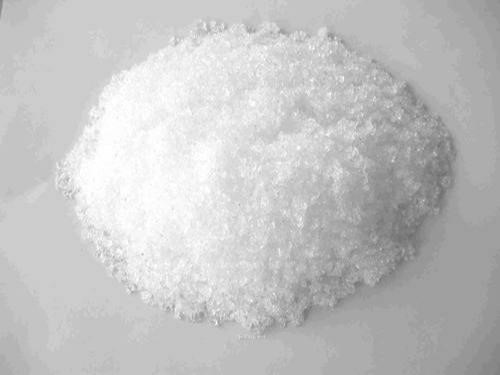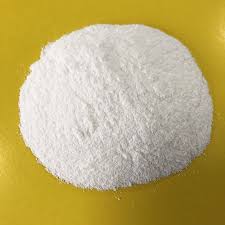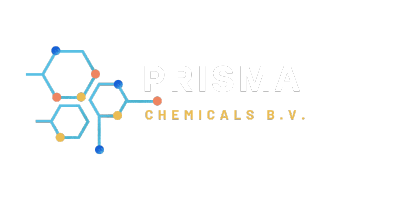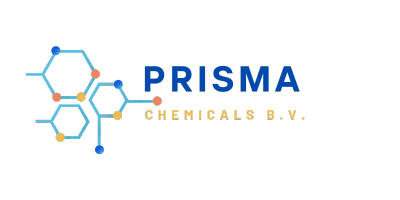Lichtenauerlaan 102/120 3062ME Rotterdam Netherlands

Introduction to Soda Ash
Soda ash, also known as sodium carbonate, is a versatile compound with numerous industrial applications. Widely used in manufacturing, it plays a critical role in various processes. Understanding its significance can shed light on its diverse uses and benefits.
Production of Soda Ash
Soda ash is produced through two primary methods: the Solvay process and mining from natural sources like trona. The Solvay process involves the reaction of sodium chloride, ammonia, and carbon dioxide in water. This method is widely used due to its efficiency and cost-effectiveness. On the other hand, natural sodium carbonate is extracted from trona deposits, which are abundant in regions like Wyoming, USA.
Applications in Glass Manufacturing
One of the primary uses of soda ash is in the glass industry. It acts as a fluxing agent, reducing the melting temperature of silica, thus saving energy and costs. sodium carbonate is essential in producing flat glass, container glass, and fiberglass, making it a cornerstone of the glass manufacturing sector.
Role in Detergent Production
Soda ash is a key ingredient in the production of detergents and soaps. It enhances the cleaning power of detergents by softening water and allowing the soap to lather more effectively. Its ability to remove grease, oil, and stains makes it invaluable in household and industrial cleaning products.
Water Treatment Uses
In water treatment, sodium carbonate adjusts the pH levels of water, making it less acidic. This is crucial in preventing corrosion in pipes and ensuring safe drinking water. Additionally, it helps in removing calcium and magnesium ions, which cause water hardness, thereby improving water quality.
Environmental Applications
Soda ash is also used in environmental applications. It helps in flue gas desulfurization, a process that reduces sulfur dioxide emissions from power plants. This contributes significantly to air pollution control and environmental protection efforts.
Food Industry Utilization
In the food industry, sodium carbonate is used as a food additive. It acts as a leavening agent in baking, helping dough to rise. Moreover, it is used in the production of certain beverages, including soft drinks, to regulate acidity levels.
Other Industrial Uses
Beyond these applications, sodium carbonate is involved in numerous other industrial processes. It is used in the manufacturing of chemicals, dyes, and pharmaceuticals. Additionally, it plays a role in paper production, aluminum refining, and even in the tanning of leather.

Health and Safety Considerations
While soda ash is generally safe to handle, it is essential to take precautions. Prolonged exposure can cause skin and eye irritation. Therefore, using protective gear when handling soda ash is recommended. Proper storage is also crucial to prevent accidental ingestion or inhalation.
Economic Importance
The economic impact of sodium carbonate cannot be overstated. It is a vital component of various industries, driving production and innovation. The global demand for soda ash continues to grow, reflecting its indispensable role in modern manufacturing and environmental management.
Conclusion
Soda ash is a multifaceted compound with extensive applications across multiple industries. From glass manufacturing to environmental protection, its versatility and importance are undeniable. Understanding its uses and benefits underscores the significance of sodium carbonate in our daily lives and industrial processes.


Leave A Comment